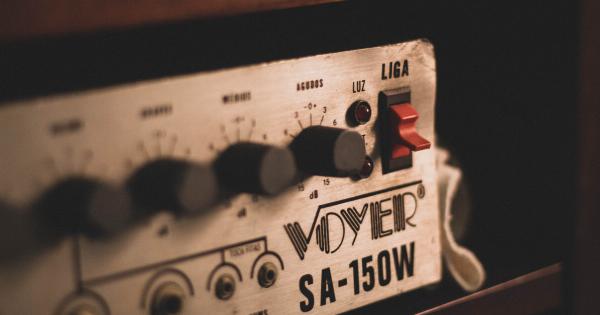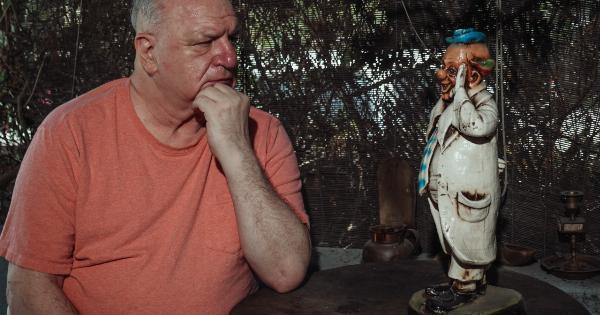Dementia, a progressive neurological disorder, impacts millions of individuals worldwide, causing cognitive decline, memory loss, and difficulty with daily functioning.
This condition not only affects the quality of life for those affected but also poses numerous challenges for their loved ones and caregivers. However, emerging research suggests that engaging in creative activities can provide significant relief from the symptoms of dementia and enhance overall well-being.
The Creative Spark in the Brain
When it comes to dementia, the brain experiences a myriad of challenges. Neural pathways essential for memory storage and retrieval become damaged, leading to a decline in cognitive abilities.
Traditional treatments focus on medication and cognitive exercises, but recent studies highlight the potential power of creative activities in combating the effects of this debilitating condition.
Engaging in creative endeavors, such as painting, playing a musical instrument, or crafting, can ignite a spark in the brain.
The rush of ideas and inspiration that accompanies these activities stimulates various regions of the brain, fostering connections and neural growth. As a result, individuals with dementia may experience improved cognitive functioning, memory retention, and emotional well-being.
The Therapeutic Value of Art
Art therapy has gained recognition as an effective method for promoting well-being and improving mental health. For individuals with dementia, engaging in art-related activities provides a unique therapeutic value.
Whether it’s drawing, painting, or sculpting, the act of creating art allows for self-expression and emotional release, even for those who struggle with verbal communication.
Through art, individuals with dementia can tap into their sensory experiences, emotions, and memories. By using colors, textures, and various creative techniques, they can communicate and connect with others on a profound level.
Moreover, art therapy enhances self-esteem and encourages social interaction, which are often compromised in individuals living with dementia.
Music as a Key to Memories
Music has a remarkable ability to bridge the gap between forgotten memories and the present moment.
In individuals with dementia, music can stimulate the brain and activate dormant memories, leading to moments of profound connection and emotional resonance. Even in advanced stages of dementia, music can trigger memories, evoke emotions, and improve mood.
Listening to familiar songs or participating in music therapy sessions can transport individuals with dementia back in time, facilitating reminiscence and evoking a sense of joy and comfort.
The rhythm and melody of music activate different areas of the brain than other forms of communication, allowing individuals with dementia to experience moments of clarity and engagement.
The Therapeutic Power of Dance
While dementia may hinder physical movement and coordination, dance therapy can prove revolutionary for individuals living with this condition.
Dancing engages multiple regions of the brain simultaneously, combining cognitive, emotional, and physical elements to promote overall well-being.
With appropriate modifications, such as seated or supported dancing, individuals with dementia can enjoy the benefits of dance therapy. Movement to music improves motor skills, coordination, and balance.
Moreover, dancing fosters social interaction, reduces feelings of isolation, and stimulates cognitive functions by requiring individuals to remember steps, sequences, and patterns.
The Joy of Storytelling
Storytelling provides a platform for individuals with dementia to engage with their memories and maintain a sense of identity.
Sharing personal stories, whether orally, through writing, or even visual aids, allows individuals to connect with their past and communicate their experiences to others.
Through storytelling, individuals with dementia can preserve their personal narratives and forge connections with their loved ones or caregivers.
Simple prompts or memory aids can help stimulate recollection and enable dementia patients to express their thoughts, feelings, and aspirations.
Unlocking Creativity in the Garden
Engaging with nature and spending time in a garden environment can unlock creativity and provide a soothing sanctuary for individuals with dementia.
Gardening activities, such as planting flowers, tending to plants, or even indoor gardening, offer a holistic approach to therapy.
The act of caring for living things fosters a sense of purpose, accomplishment, and responsibility.
Additionally, being surrounded by vibrant colors, scents, and textures in a natural setting can evoke positive emotions, reduce stress, and enhance overall well-being for individuals with dementia.
Harnessing the power of Technology
In today’s digital age, technology can play a vital role in enhancing the lives of individuals with dementia.
Various digital platforms, apps, and devices are specifically designed to promote cognitive engagement, memory stimulation, and creative expression.
For instance, digital art tools can enable individuals with dementia to create and manipulate artwork easily.
Virtual reality technology can transport them to different settings, stimulating their senses and providing immersive experiences that evoke memories and emotions. Moreover, music streaming platforms allow individuals to create personalized playlists that evoke nostalgia and trigger memories.
Community Engagement and Support
Participating in creative activities in a community setting provides individuals with dementia a chance to socialize and connect with others who share their experiences.
Community centers, art classes, and support groups offer safe environments for individuals with dementia to explore their creativity and form meaningful connections.
In these settings, individuals can engage in collaborative art projects, join choirs or musical ensembles, or participate in group dance sessions.
The support and encouragement from peers, along with the guidance of trained professionals, can foster a sense of belonging and companionship, reducing feelings of isolation and promoting overall well-being.
Conclusion
As the number of individuals affected by dementia continues to rise, exploring alternative therapeutic approaches becomes increasingly crucial.
Engaging in creative activities has shown immense potential in alleviating the symptoms of dementia and improving the quality of life for those affected. Whether through art, music, dance, storytelling, gardening, technology, or community engagement, the rush of ideas sparked by these activities can provide relief, connection, and joy amidst the challenges of living with dementia.





























